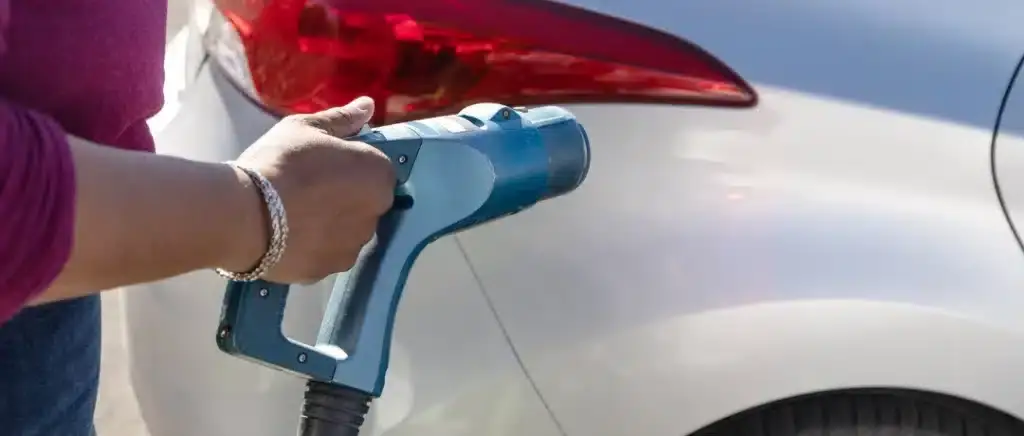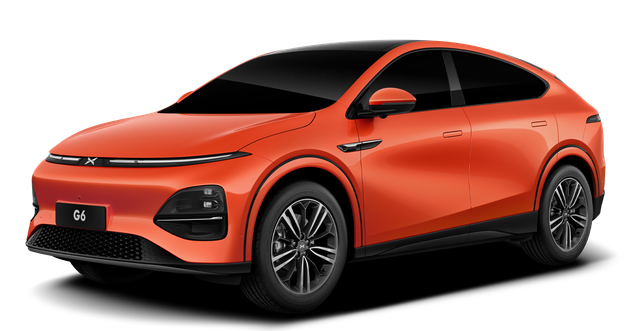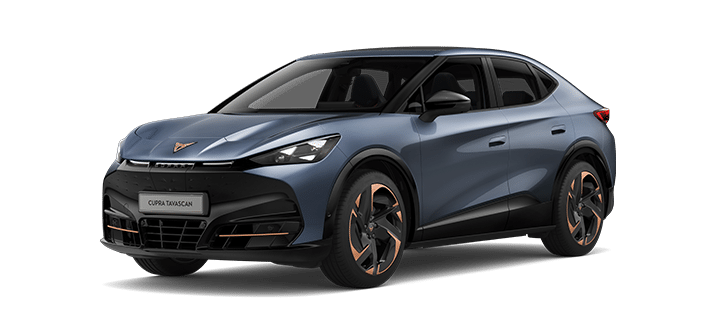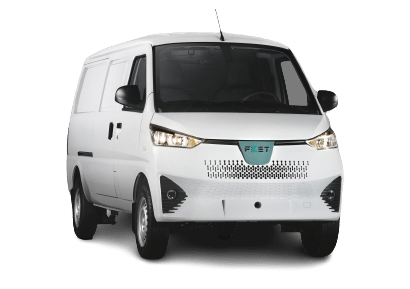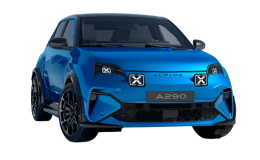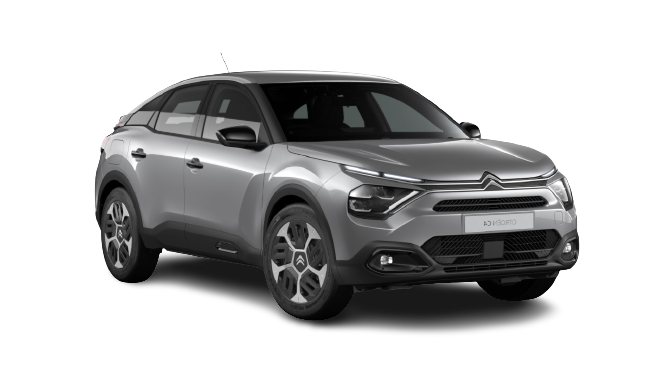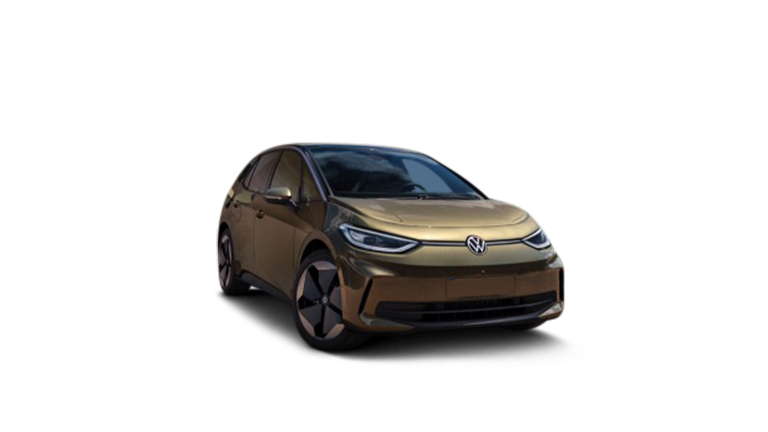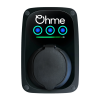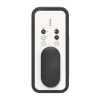Top 5 benefits of charging stations for hotels and restaurants
Improving your image
More and more consumers are attaching importance to sustainable development initiatives. According to thestudy published in 2018 by Denjean & Associés88% of French people have a more positive image of companies that take concrete action in favor of the environment. Hotels and restaurants are particularly targeted by eco-responsibility issues: use of sustainable materials, waste recycling and recovery, rationalization of energy and resources...
Some labels, such as the Green Keyhave been created to distinguish the establishments most committed to this approach. Providing recharging stations for your employees and customers is one of the initiatives that will enhance the image of your hotel or restaurant. This investment will show that you support and encourage sustainable mobility.
Stand out from the competition
Even if regulations and attitudes have been evolving for several years, there are still very few hotels and restaurants equipped with charging stations. This gives you plenty of scope to stand out from the crowd by offering this value-added service... before your competitors do. As a hotelier or restaurateur, you need to provide your customers with all the facilities and services they need to enjoy their stay. Offer them the possibility of recharge their electric vehicleto make it easier for them to come and go.
Installing charging stations can help you renew and retain your customers. your customers. It's also a good way toattract employees in the dual context of difficulties in recruiting qualified staff and the democratization of the electric vehicle. It's worth remembering that the European Parliament recently voted to end the sale of new combustion-powered vehicles throughout the European Union from 2035..
Get more visibility
For a hotel or restaurant, visibility is crucial.
Did you know that the installation of electric vehicle charging stations can raise your company's profile in a number of ways?
- A better referencing in OTAs (Online Tourism Agency): platforms such as Hotels.com and Booking are essential for hoteliers and B&B managers. These sites are used by a huge number of French and foreign travelers. But they list thousands of establishments! Offering charging stations can help you highlight your accommodation in a specific search, since this service is included in the selection criteria.
Registration on applications for electric vehicle drivers. Many users use applications such as ChargeMap to find available charging points. Hotels, restaurants and B&Bs with charging points can register free of charge to benefit from increased visibility and, at the same time, attract new customers. You can also add value-added information, such as your contact details and services, to your listing.
Generate additional income
Make your charging stations available to the public to monetize recharging is one of the possibilities open to you. Of course, you're free to choose the strategy best suited to your business by offering this service free of charge to certain categories of users. You are free to define your business model and the way in which you wish to make your charging points profitable.
Collecting data
Smart" charging stations can communicate remotely to provide you with valuable information. In addition to power consumption and charging session data, you'll get information on the use of renewable energies and the reduction in CO2 emissions. You'll be able to reuse this information and use it in your CSR-oriented communication campaigns, provided you comply with the guidelines laid down by the French Data Protection Act ( RGPD (General Data Protection Regulation).
Hotels and restaurants: regulatory changes concerning the installation of charging stations
As we've seen, the benefits of installing charging stations for hotels and restaurants are numerous. But for some establishments, the deployment of IRVEs (charging infrastructures for electric vehicles) must also meet regulatory obligations voted by the French government. Find out if this applies to you:
According to the LOM law (loi d'orientation des mobilités), all non-residential buildings with a parking lot or parking area with more than 20 spaces must install at least a charging point for electric and plug-in hybrid vehicles, by January 1, 2025. The location must be sized to allow access for people with reduced mobility (PRM).
For parking lots and parking areas with more than 20 spaces, the LOM law states that additional equipment will have to be deployed, in compliance with the ratio of one charging point for every 20 parking spaces.
Restaurants and hotels: what are the issues when it comes to charging stations?
Recharging modes fall into several categories, depending on their power and therange they provide, depending on the charging time. They include :
- slow charging Reinforced 3.2 kW plug for a range of 15 to 20 km per hour of charging. This charging mode is not adapted to your customers' needs or to the configuration of your infrastructure.
- normal to fast charging 7.4 kW, 11 kW or 22 kW wall-mounted or floor-mounted charging station, providing a range of 20 to 150 km per hour of charging, depending on power.
- accelerated" fast charging Fast charging: a terminal or totem with a maximum power rating of 350 kW, enabling a range of 200 km to be recovered in just one hour of charging.
It's essential to take your customers' behavior and habits into account when choosing the most appropriate IRVEs. In this respect, hotels and restaurants do not face the same constraints and challenges.
In restaurants
To know which type of pay station to choose for your parking lot, you first need to offer the right service to your customers. This means having an idea of the average time spent on site by your visitors.
For example, if your customers spend two hours at the table, they'll expect to be able to enjoy their vehicle fully recharged at the end of their meal. However, the range recovered during charging depends on the power of the charging station.
To achieve a full charge in two hours, you need a fast-charging station rated between 11 kW and 22 kW.
Accelerated charging stations with higher power ratings (up to 350 kW) are much more expensive. Such equipment is ideal for fast-food outlets, where the average time spent at the table is less than half an hour. The famous fast-food chain fast-food chain McDonald's has begun to deploy charging stations in its restaurants in Sweden and the Netherlands. This means that customers can enjoy a meal and fill up on electricity in just thirty minutes before hitting the road again.
In hotels
Guests staying in hotels, B&Bs or B&Bs spend at least one night on site, giving them greater latitude to recharge their vehicles. However, the choice of slow-charging stations is not a good one, as it can be a source of frustration for your customers and will encourage them to monopolize a charging point for several hours at a time.
You also need to take into account the number of rooms you offer, the size of the parking area, the location of your accommodation (urban area, countryside) and whether or not charging stations will be made available to your employees. 7.4 kW, 11 kW or 22 kW normal to rapid charging stations powered by alternating current (AC) will be suitable... provided you plan for a sufficient number of charging points.
Our tip: two-charging points, which allow two vehicles to be charged simultaneously, are an interesting alternative for reducing installation costs and covering users' needs.
What are your options for including recharging in the services offered by your establishment?
As we saw above, monetizing charging is one of the benefits you can derive from deploying IRVEs at your facility.
However, you may not have the time or inclination to take on the logistical and operational aspects of charging. In this context, there are several solutions available to you:
- providing terminals free of charge While this option can be used as a sales argument to attract potential customers, it won't make your equipment profitable in the long term. What's more, you won't be able to distinguish visitors looking for a free top-up from your customers and employees. It's better to segment usage by charging external users, who only come to visit you for this purpose.
The solution: RFID terminals, activated by badges to control and manage access.
- billing for recharging sessions as an additional service offered by your establishment: if you choose to charge your customers for recharging, you can define billing by time, flat rate or kWh (energy consumed). Each management method has its advantages. For example, billing by kWh puts all users on an equal footing, regardless of how long they have been charging their vehicle. Time-based billing avoids charging stations being monopolized by fully-charged vehicles. Finally, flat-rate billing allows you to set your own rates... but without reflecting the user's actual consumption.
To simplify your task, we strongly recommend the use of a billing tool or supervision system. This tool will give you real-time access to terminal availability, consumption feedback and the cost to be invoiced per user.
Our Beev experts will propose an offer tailored to your needs and projects.
Apply now!
Installing a recharging point in a hotel restaurant: how do you go about it?
Financing charging stations for hotels and restaurants
Investment costs are a legitimate concern for hoteliers and restaurateurs, who need to ensure that their budget will cover the full cost.
Equipment costs depend on :
- the make and model of bollard, with equipment manufacturers charging more or less;
- charging capacity (with minimal cost differentials between 7.4/11/22 kW charging points, but greater differentials for DC-powered accelerated charging points);
- options (communicating terminal for remote control, RFID) ;
- the number of charging stations and/or charging points per station.
On average, you should expect to pay between 700 to €1,500 (excl. VAT) per charging point (normal to rapid charging point, powered by alternating current) excluding installation.
Visit installation cost represents a significant expense, especially if the existing electrical circuit is not up to standard or requires conversion/adaptation. When civil engineering work has to be carried out, the bill can quickly escalate. In all cases, your IRVE-certified installer.
Additional costs include the annual maintenance contract, including servicing and repairs (€250 per year per charge point), and the supervision tool (€250 per year).
If you would like to find out more aboutaid for the installation of charging stations for businesses in 2024please consult our article on the subject.
